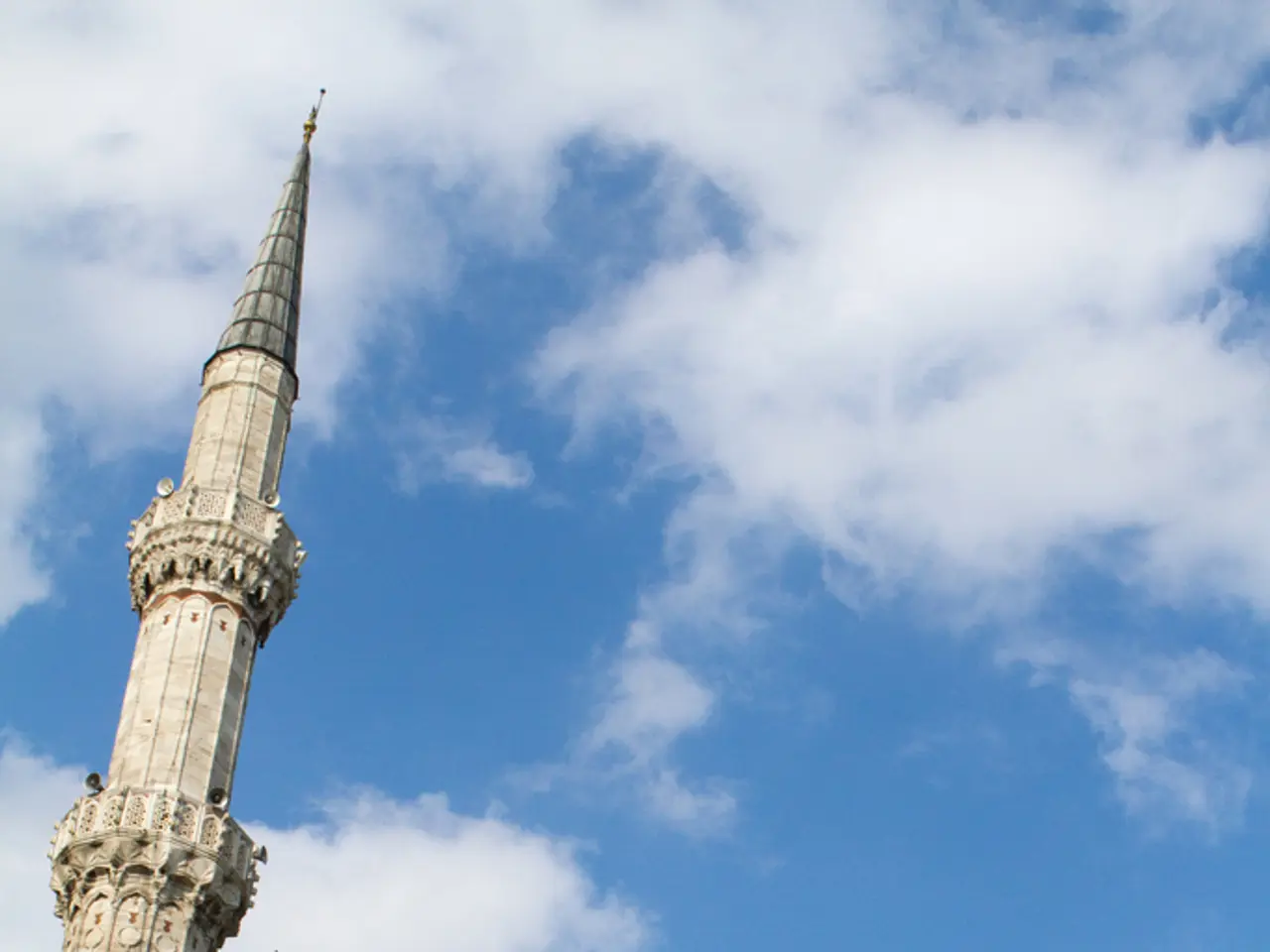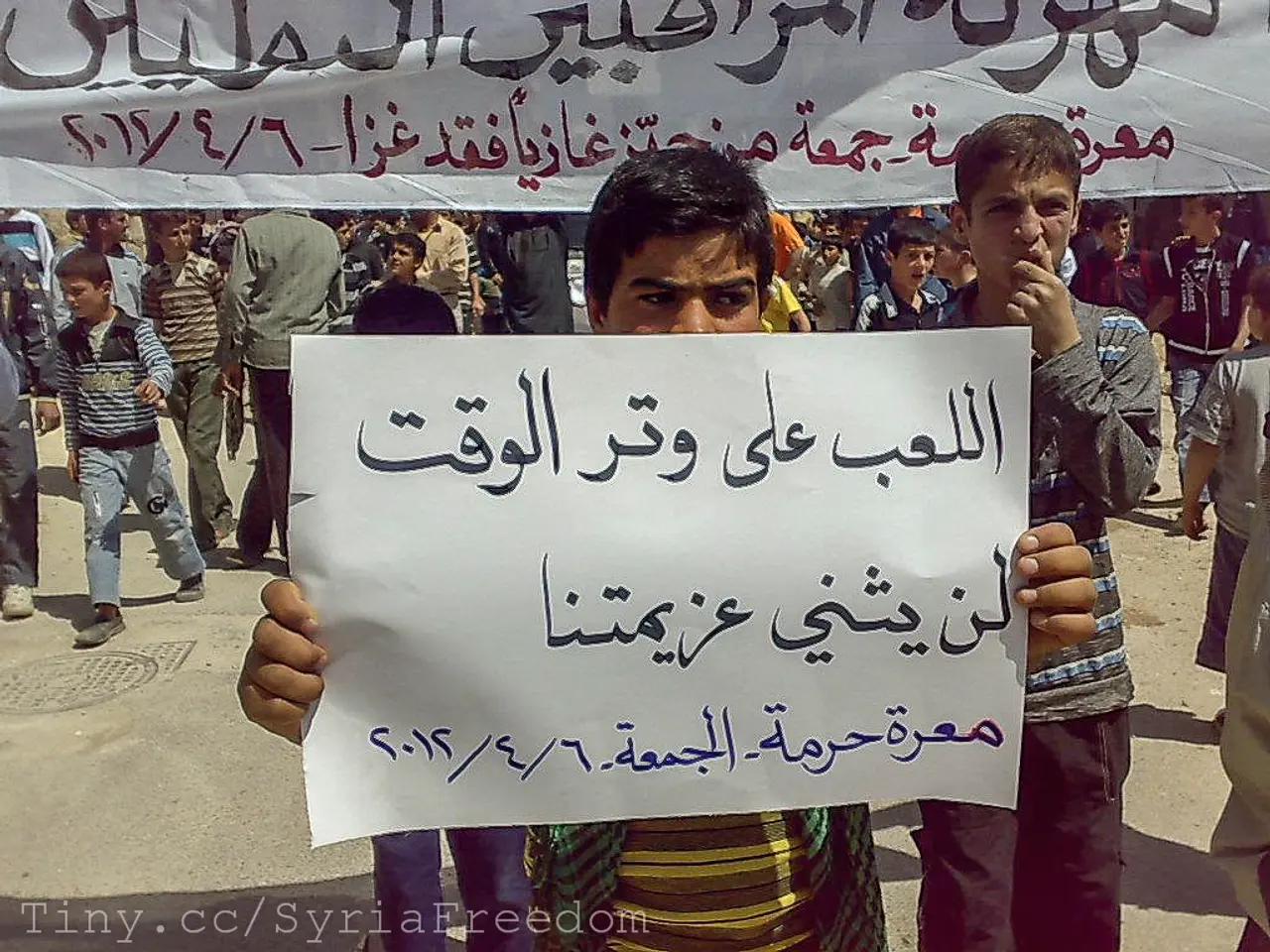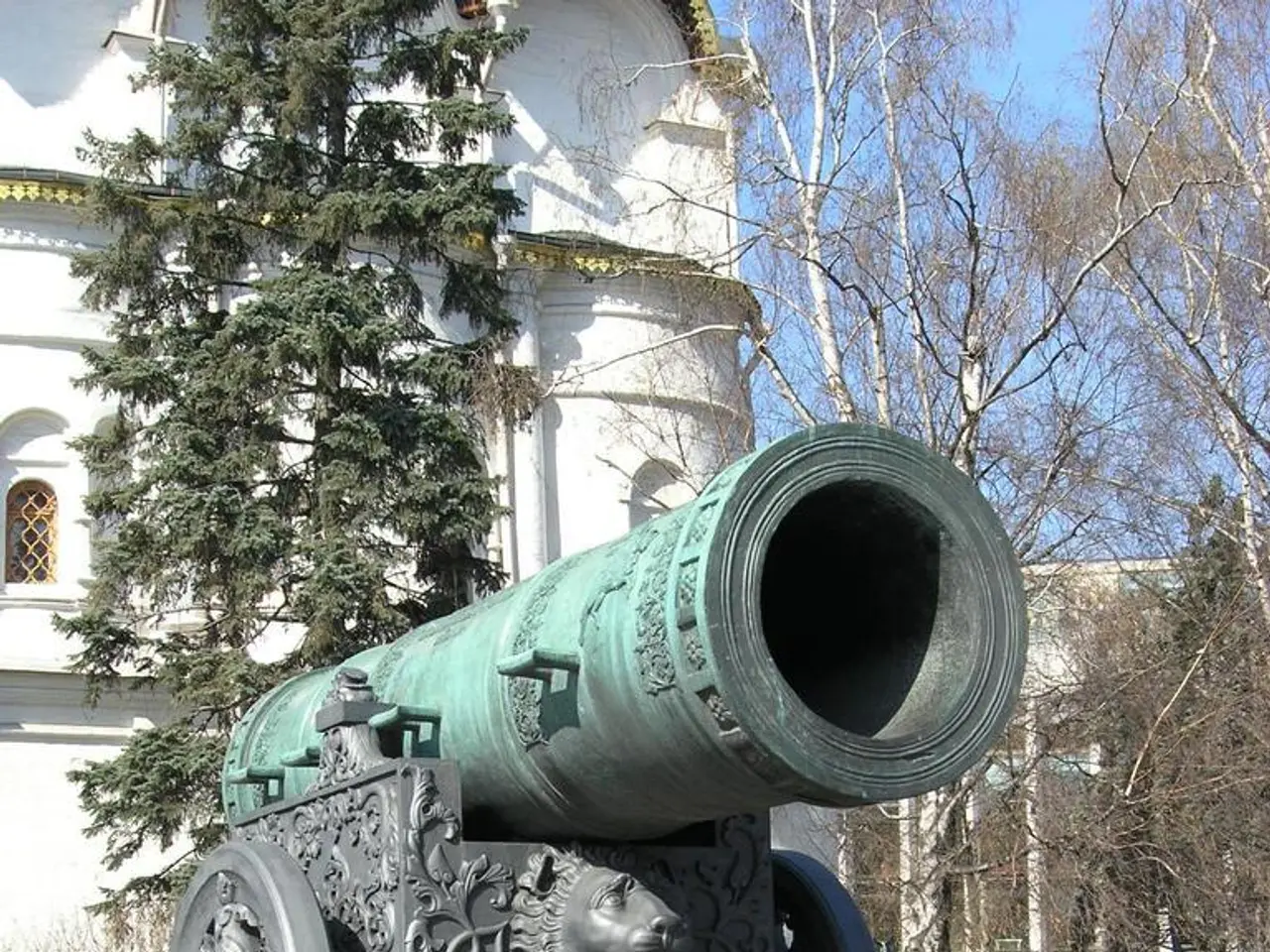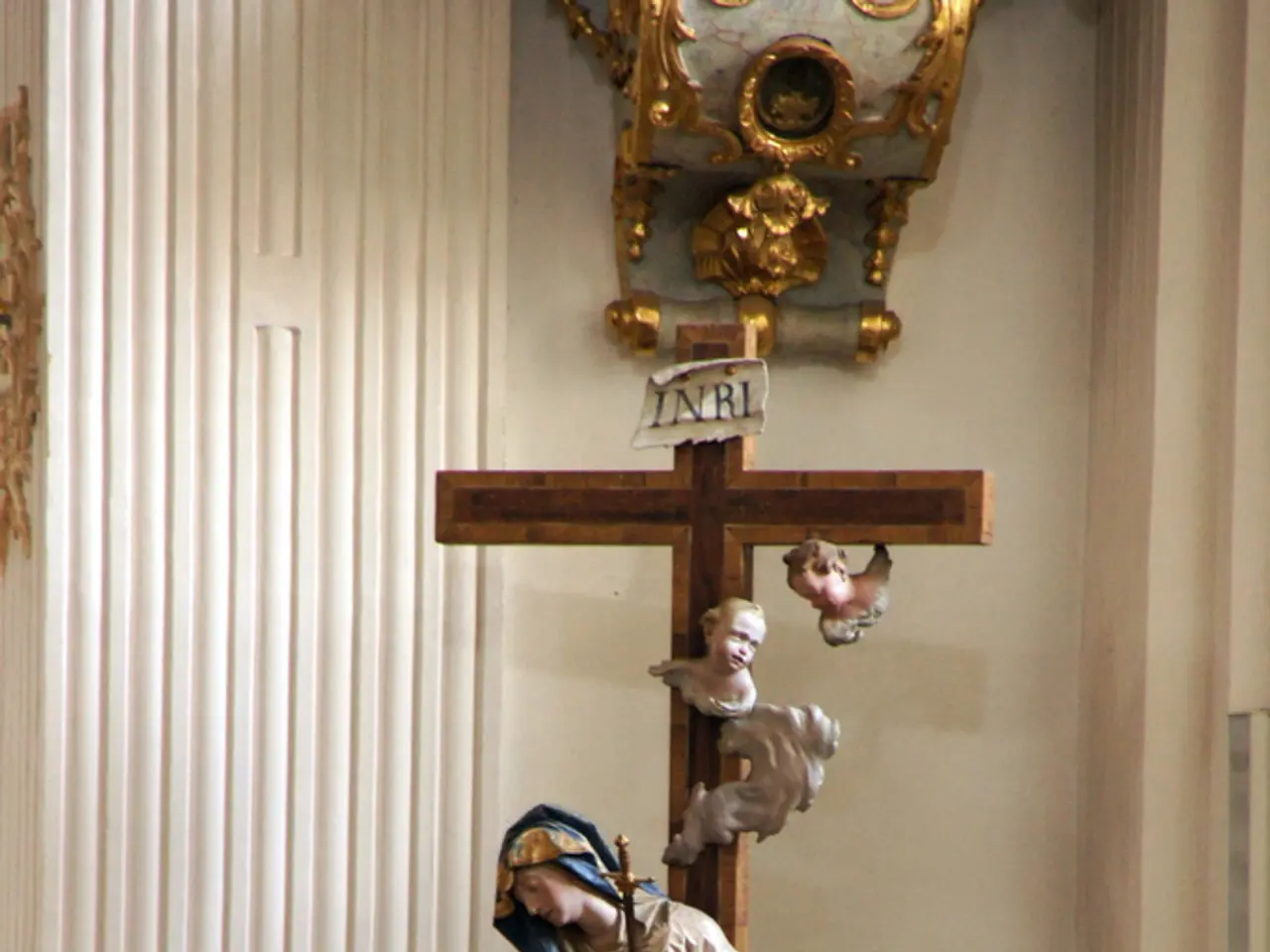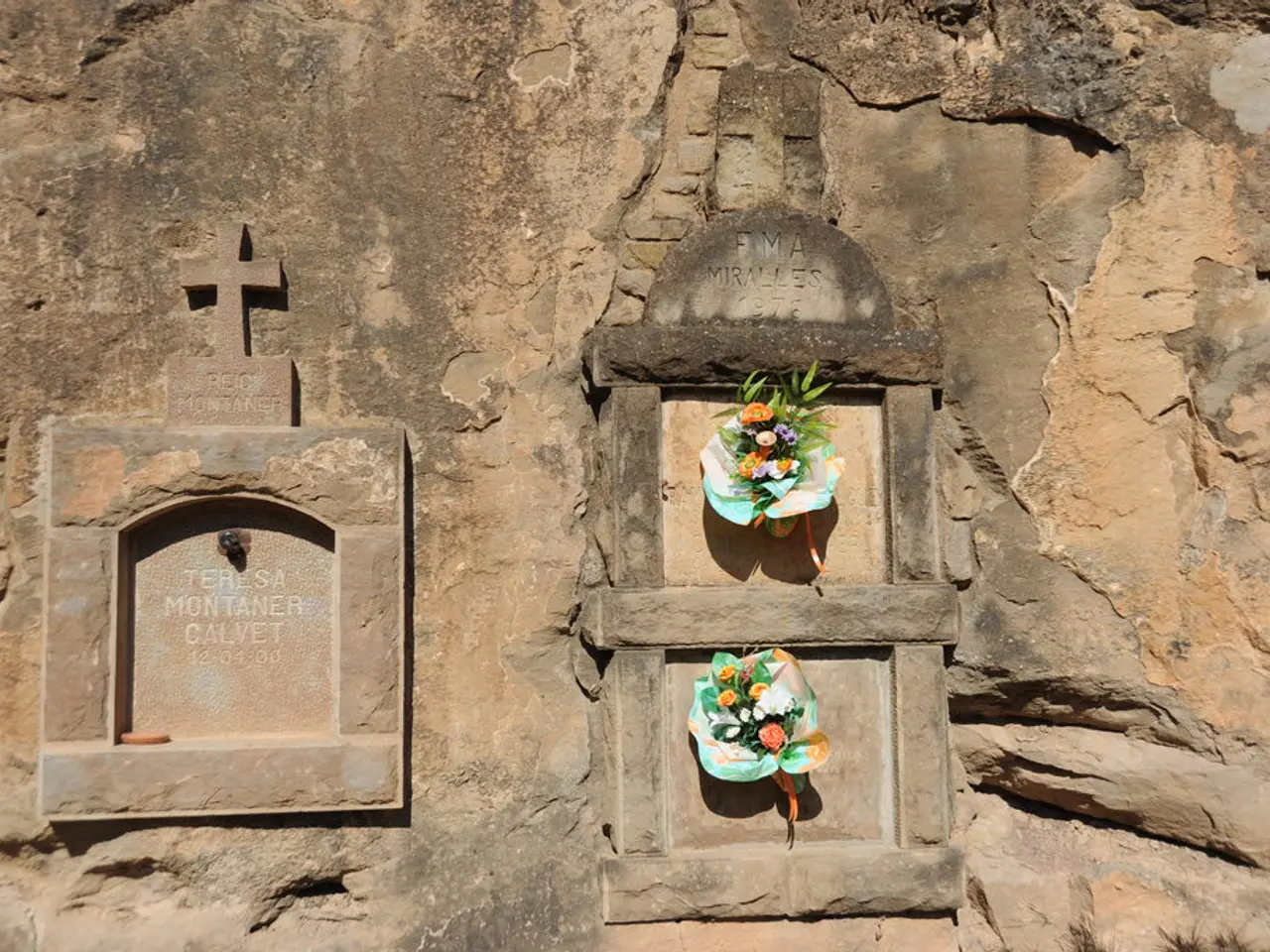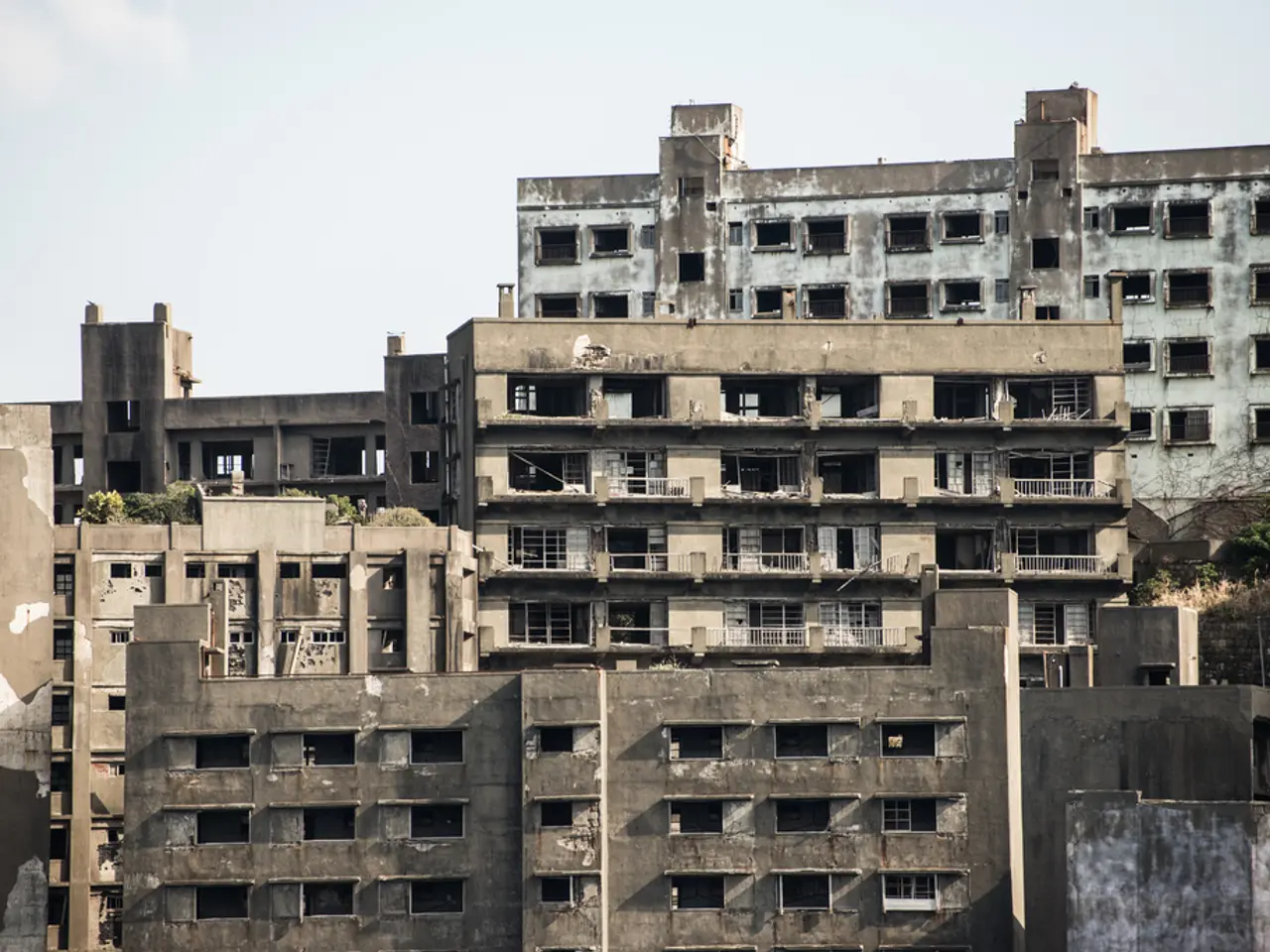Israel's government officials' inflammatory actions at Al-Aqsa Mosque strongly critiqued by Pakistani and Saudi Arabian authorities
In a move that has sparked widespread condemnation, Israeli National Security Minister Itamar Ben-Gvir visited the Al-Aqsa Mosque compound in Jerusalem on Sunday, a site of significant religious and political importance for Muslims and Jews alike.
Pakistan, Saudi Arabia, Jordan, and several international entities have criticised the visit, viewing it as a provocative violation of the longstanding status quo at this highly sensitive religious site.
Pakistan's Prime Minister, Shehbaz Sharif, denounced the visit as a deliberate provocation that undermines efforts for peace and escalates tensions in the region. Sharif described the sacrilege against one of Islam's holiest sites as an affront to Muslims worldwide and a direct assault on international law and the collective conscience of humanity. He stated that Israel's actions imperil the prospects for peace, deliberately inflame tensions in Palestine and the wider region, and push the Middle East closer to further instability and conflict.
Saudi Arabia expressed serious concern over the visit, emphasising its potential to inflame religious sensitivities and destabilise Jerusalem's delicate status. The Saudi Arabian Ministry of Foreign Affairs strongly condemned repeated provocative actions by Israeli occupation government officials against Al-Aqsa Mosque.
Jordan, which administers the Al-Aqsa compound through the Waqf religious trust, condemned Ben-Gvir's actions as a breach of the historical and legal agreements governing the site. The Jordanian Foreign Ministry condemned the visit as a "storming" and "an unacceptable provocation".
The Waqf foundation, which administers the Al-Aqsa compound, reported that Ben-Gvir's visit, during which he allegedly prayed at the site, violated established rules prohibiting Jewish prayer there. The visit took place amid ongoing Israeli military offensives in Gaza, adding to regional and international criticism of Israeli actions affecting Palestinians.
Hamas, the Palestinian political and militant group, called Ben-Gvir's action a "provocative and dangerous escalation" and called on Palestinians to escalate their confrontation in defense of their land and sanctities, foremost among them the blessed Al-Aqsa Mosque.
The Al-Aqsa compound is administered by a Jordanian religious foundation under a decades-old "status quo" arrangement. Under this arrangement, Jews and other non-Muslims are allowed to visit the compound during specified hours, but they are not permitted to pray there or display religious symbols. However, videos released by the Temple Mount Administration showed Ben-Gvir leading a group walking in the compound, and other videos showed him praying. The Waqf stated that Ben-Gvir was among 1,250 individuals who ascended the site and who prayed, shouted, and danced.
France officially condemned the visit, calling it a violation of the historical status quo, and stressed that such actions undermine international efforts towards a two-state solution and threaten peace and security. Saudi Arabia warns that such practices fuel the conflict in the region and urges the international community to intervene and halt these violations of international laws.
In conclusion, the consensus among these countries and international observers is that Ben-Gvir’s visit threatens to destabilise a fragile peace arrangement, undermine the role of Jordan in site administration, and exacerbate broader Israeli-Palestinian tensions.
- The general news reports indicate that Ben-Gvir's prayer at the Al-Aqsa Mosque, in violation of established rules, has sparked concerns and criticism from countries like Saudi Arabia, Jordan, and France, who view it as a deliberate provocation that escalates tensions and undermines efforts for peace in the Middle East.
- The visit of Israeli National Security Minister Itamar Ben-Gvir to the Al-Aqsa Mosque compound in Jerusalem has resulted in a fire of condemnation from various international entities, including Pakistan, Saudi Arabia, and Jordan, who perceive his actions as a threat to the capital of religions and politics, Jerusalem, potentially leading to war-and-conflicts.
- In response to Ben-Gvir's visit to the Al-Aqsa Mosque, Pakistani Prime Minister Shehbaz Sharif stated that Israel's actions have imperiled the prospects for peace, deliberately inflamed tensions, and pushed the Middle East closer to instability and conflict, while calling for intervention from the international community to uphold international law and preserve religious sanctities.
